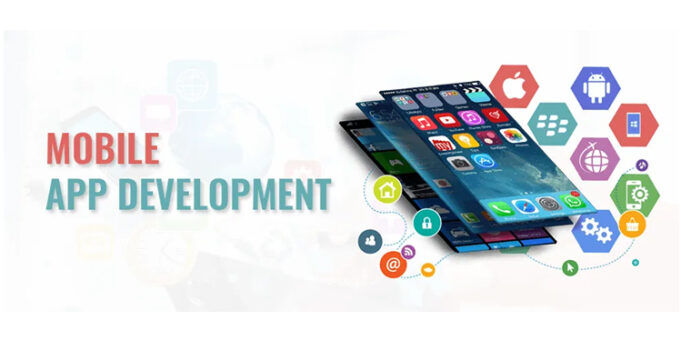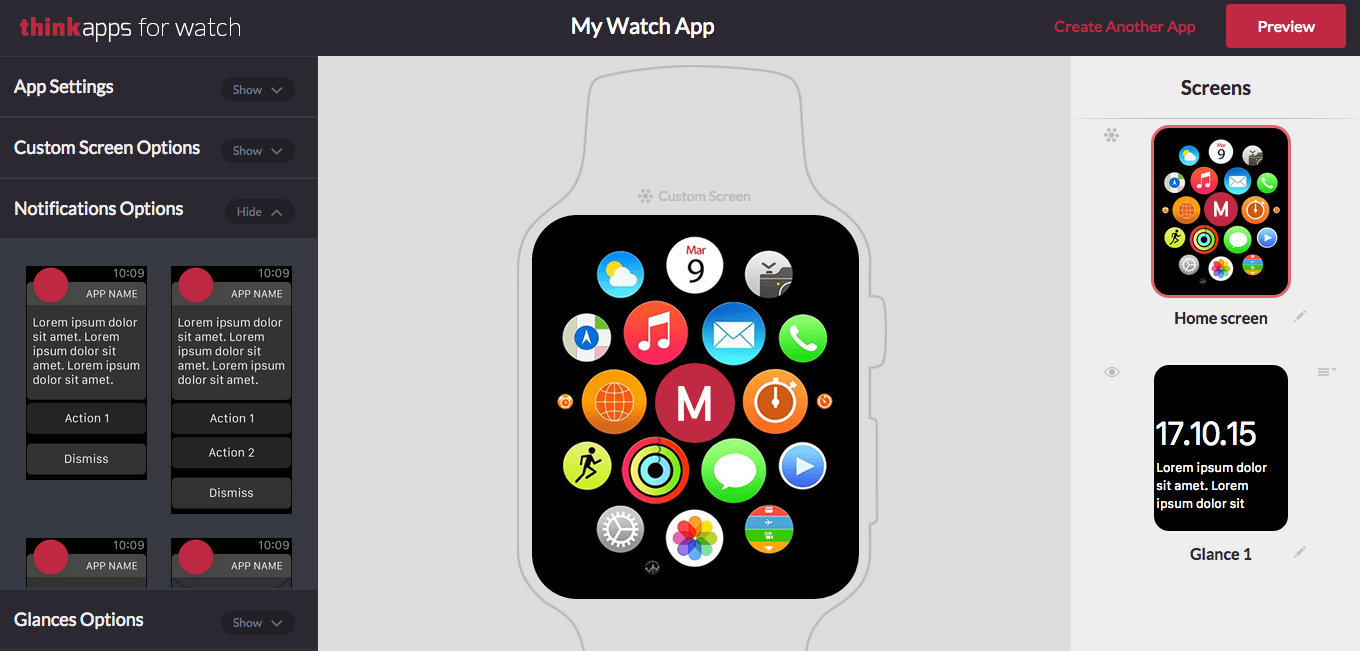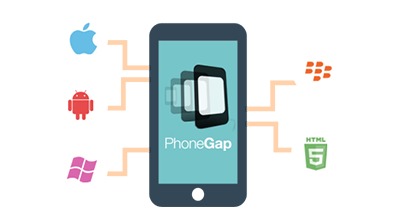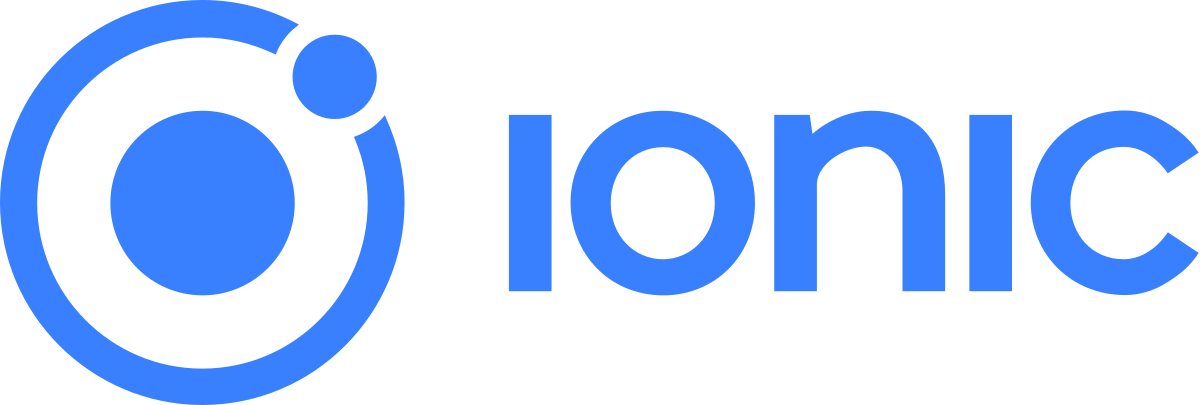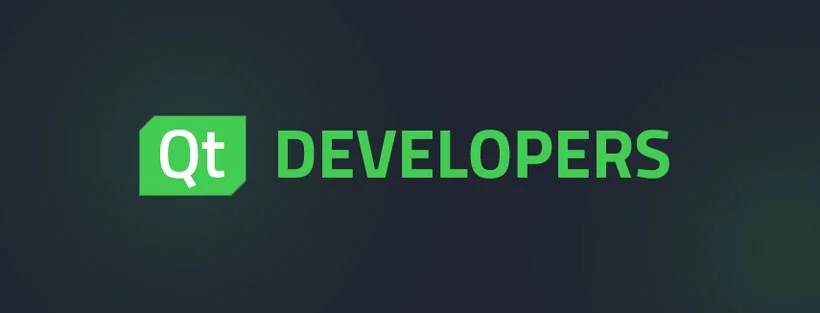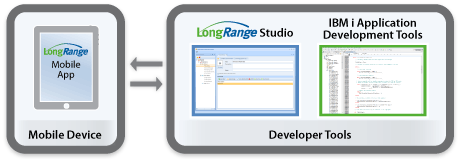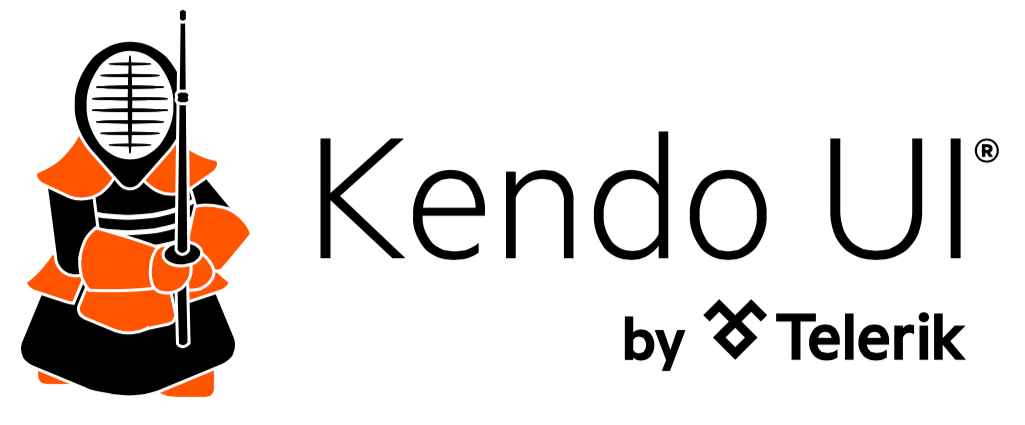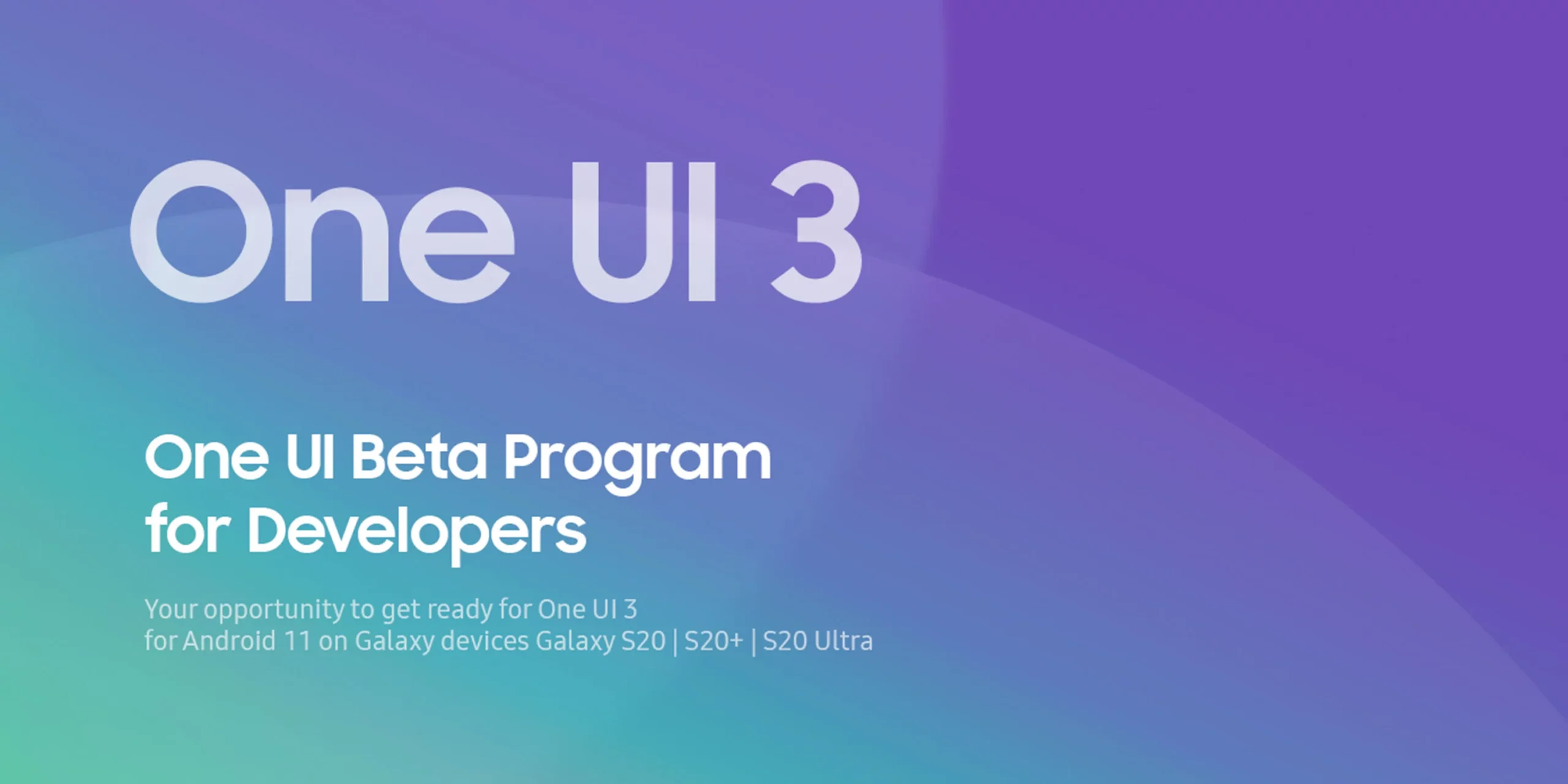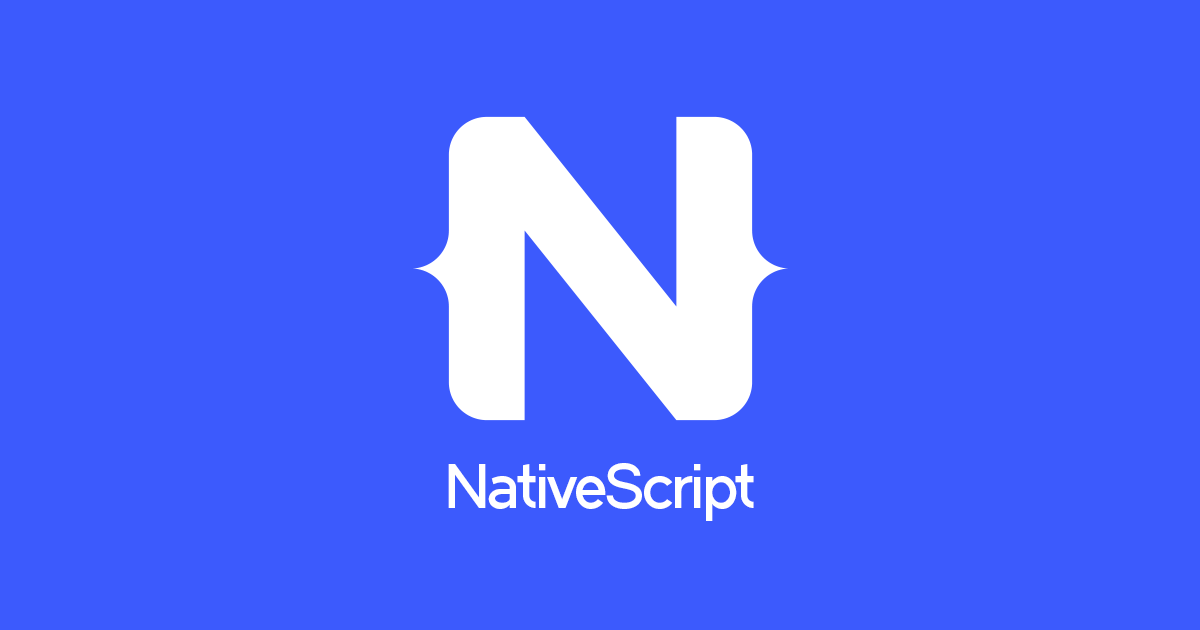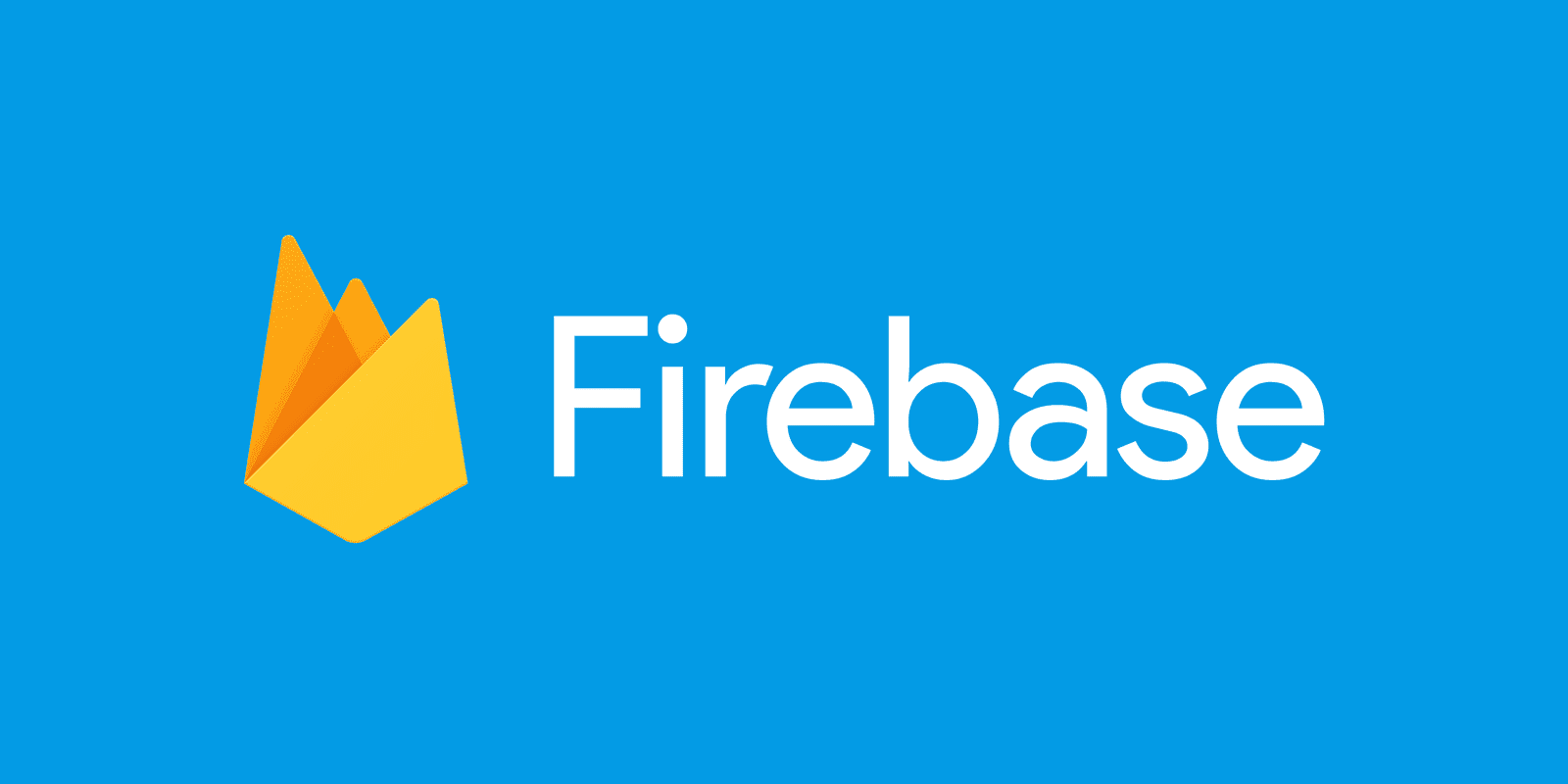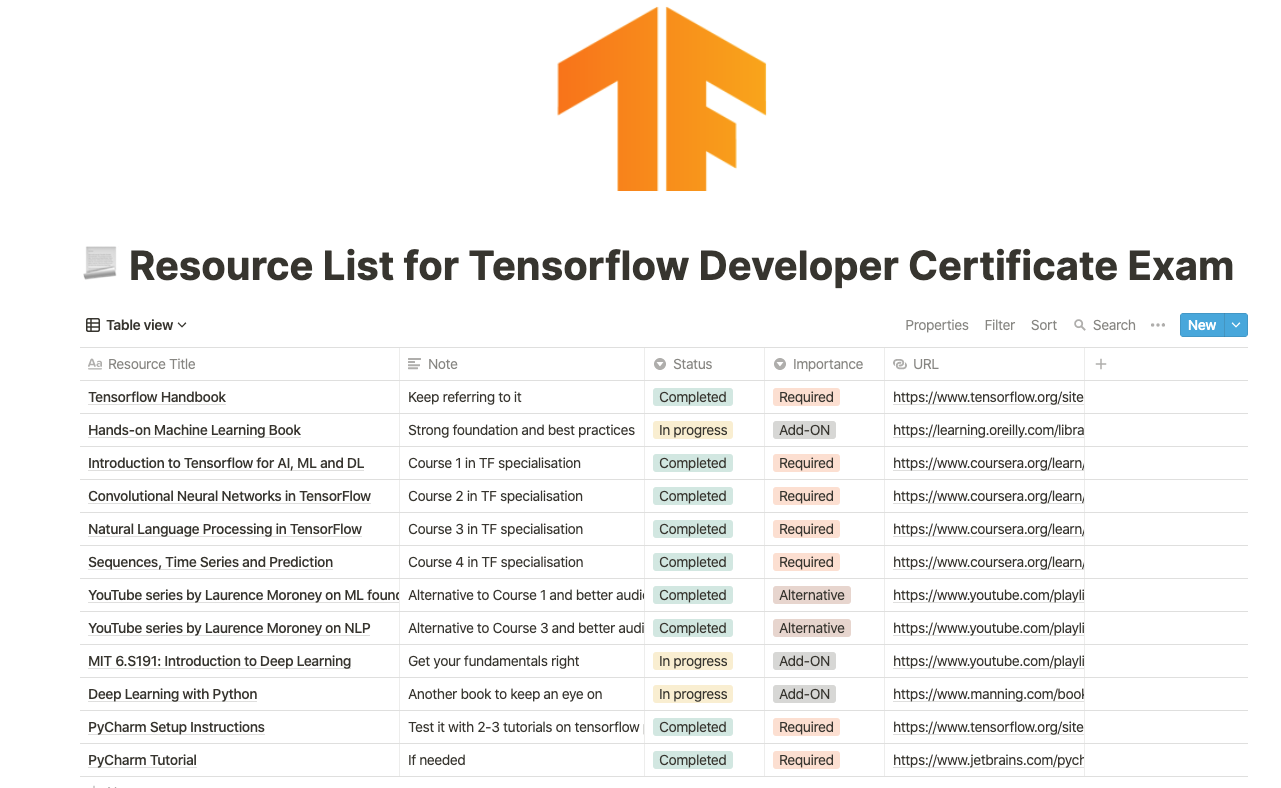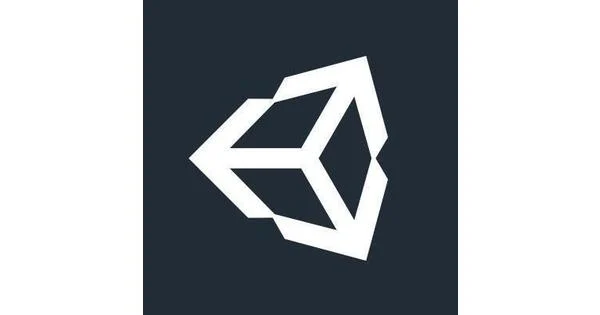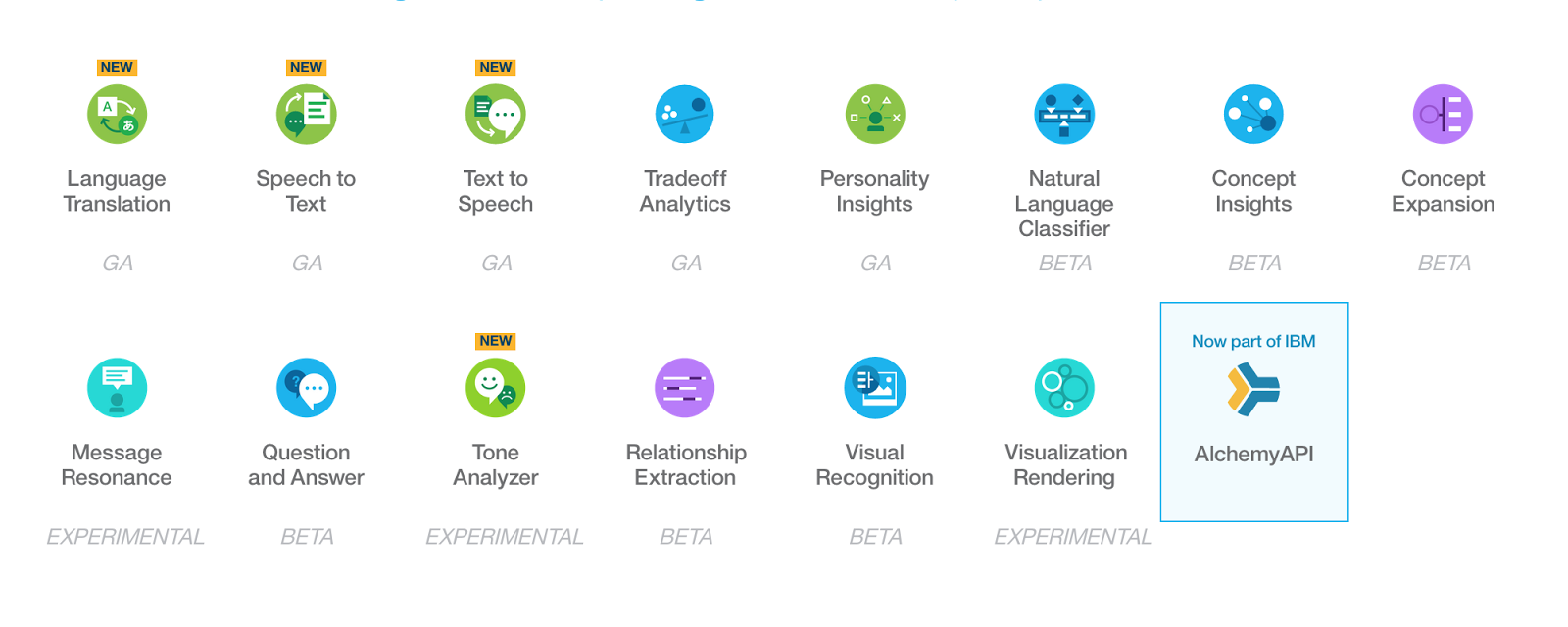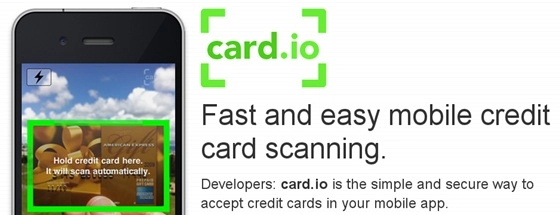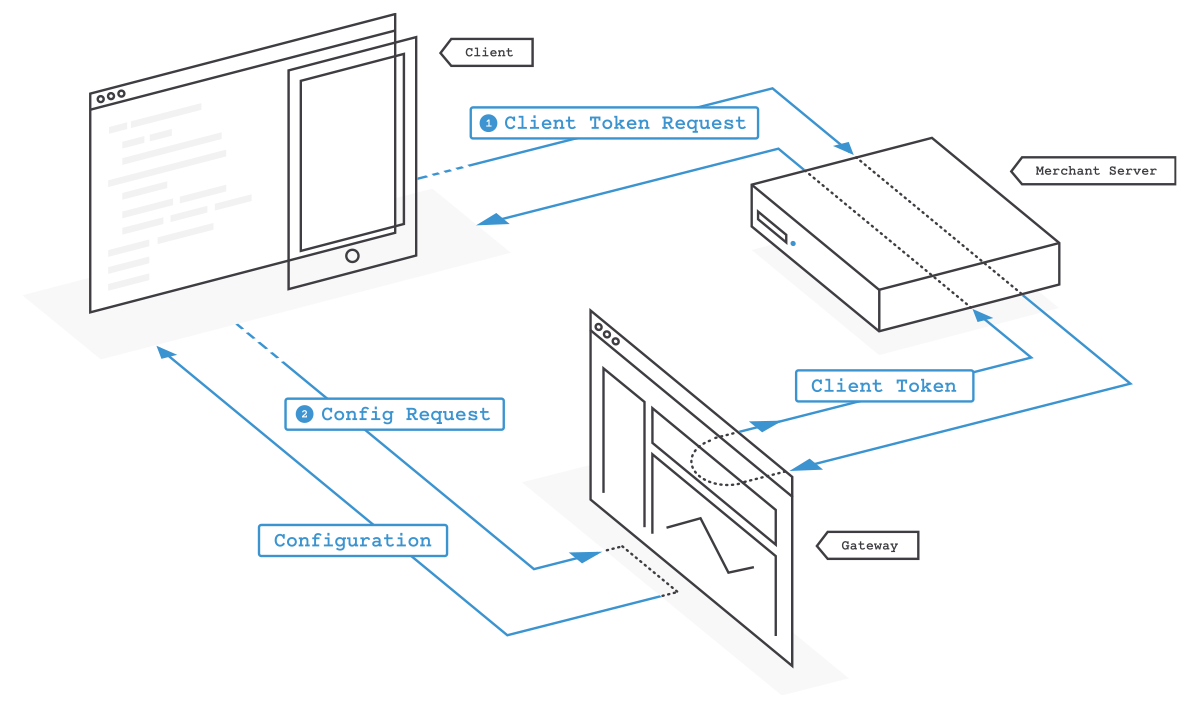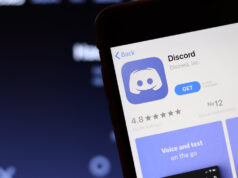In this article we listed some of the best mobile app development tools to build app for mobiles. If so, the tools can assist you because hiring a development company costs a lot of money, and there are literally hundreds of them, making it difficult to make a decision. Thankfully, developing an app no longer necessitates a big investment, months of labour, or technical knowledge! We’re discussing specialised app development tools or mobile platforms for building your own apps.
What Is a Tool for Mobile App Development?
A mobile app cannot be built in a few hours using a straightforward formula. A mobile application development tool is one of the many things you need for this.
It is a piece of software for creating mobile applications that makes the process simpler. Different IDEs, code-free development, templates, APIs, data synchronisation, and analytics are all provided.
This makes it possible for mobile app developers to create apps more quickly. Additionally, it makes it easier to integrate backend services like push notifications. An app development tool gives you a visual environment for making apps, as well as features like hardware compatibility and help with workflow design.
You are now aware of the numerous mobile app development tools available. Therefore, let’s begin by talking about native mobile app development tools.
25 Best Mobile App Development Tools To Build Preferred App
To build your preferred app, there are several mobile app development tools available. A selection of the best mobile app tools with major features is provided here.
#1. App Watch
An app for mobile analytics and security is called AppWatch. It assists consumers in protecting their mobile apps against hacking. Users start to trust it, and it makes sure the app is safe.
Feature:
- It enables a thorough inspection of the mobile app.
- Checking third-party libraries and SDKs
- AppWatch creates personalised reports with altered titles, logos, comments, etc.
- Different techniques may be used to re-validate any security vulnerability found.
- It also finds sensitive values that are hardcoded.
- This makes it easier to find all security flaws linked to them.
- AppWatch can use Webview to analyse apps and find security flaws.
- Development tools for cross-platform applications
Also Check: What Is Web Application Development? Complete Guide For Beginners
#2. Xamarin
The popular mobile app development tool for native apps is Xamarin. Layers of business logic and data access are shared between platforms. It is frequently employed in the development of programmes for the iOS, Windows, and Android platforms.
Features:
- The Mobile Devices API may be communicated with using this mono framework.
- The Xamarin Component Store has UI controls, libraries that work on more than one platform, and libraries made by other people.
- As a result, there are fewer defects and a quicker time to market.
- Application indexing and deep linking are both possible.
- Thanks to platform specs, you can use features that can only be used on certain systems.
#3. Buddy
Buddy enables fluid, change-focused expansions. The automation of app deployment is now simpler than ever thanks to a broad variety of specialised, pre-configured actions and services. Buddy is the best option if you’re looking for a solution to easily design, test, sign, and publish your Android app with only one click.
Features:
- More than 100 actions
- UI/UX that is clear and intuitive.
- Respond to Local, Ionic, Flutter, and Other Activities Specifically Designed for Android
- Integrations between AWS, Google, Digital Ocean, Azure, and WordPress
- support for all widely used languages and job management.
#4. Headspin
Businesses may increase mobile performance with the help of Headspin’s practical, real-world user experience insights. From Client to Server: Headspin gives you thorough visibility into performance and customer experience issues at every layer of the mobile stack, preparing you for the escalating challenges facing customer experience in a complex mobile environment.
Features:
- Thousands of genuine devices in more than 150 places throughout the world (device jailbreaking, no routing, no virtual machines).
- Your codebase cannot be expanded because you lack an SDK. via using API access.
- The AI engine tackles performance issues from serious to transient automatically.
- visible both before and after launch.
- Available setups include cloud and on-premise.
- There is dedication, sharing, or availability of what you pay for.
- There is a load test available.
- Tools for mobile analytics devices are always available.
#5. PhoneGap
A mobile app development framework called PhoneGap is open-source and free to use. It is a type of cross-platform app development. One application that runs on all mobile devices may be created using it.
Features:
- It functions well in HTML5, JavaScript, and CSS3.
- To facilitate the development of applications, it interfaces with several libraries.
- This makes it possible to create a mobile application development environment with less time and effort.
- The plug-in architecture aids developers in extending the functionality of the programme.
- is a strong tool that allows anyone without specialised knowledge to construct applications.
#6. Appcelerator
Developers may write applications with fewer lines of code because of the Accelerator. This app development tool supports HTML5 apps for iOS, Android, Windows, and web browsers.
Features:
- It accelerates the creation of mobile applications.
- Limits on high cloud capacity
- You can build mobile applications using this tool for every supported operating system.
- On-site or virtual private deployment
- Built with full access to the underlying mobile OS and open standards,
- support for global expansions across many regions.
#7. Mobincube
Users may create any type of mobile app with the help of the excellent MobinCube app interface. Apps for business, education, entertainment, health, and other purposes can be made by developers.
Features:
- Create mobile stores to boost sales.
- You may include 3rd party solutions via the app.
- helps with advanced features.
- You can do this to update online material.
- Change every small aspect of the app.
- It enables you to interact with clients.
#8. Ionic
Ionic is a mobile app development framework for Ionic HTML5. It is frequently employed while creating hybrid mobile applications. It is a helpful tool for creating mobile applications that make use of web standards like CSS, HTML5, and SASS.
Features:
- The Ionic Framework is an open-source project that is completely free.
- You can create native mobile apps and progressive web applications for every major app store.
- It offers excellent resources and services for developing really dynamic apps.
- This enables web developers to produce apps with the same code base for all major app stores.
- It includes several CSS and Javascript building blocks for creating mobile apps.
- Ionic employs native SDKs and emulates the native app’s UI standards.
#9. Qt
The QT Cross-Platform SDK offers efficient design, development, and deployment at a reasonable price. The optimal user experience can be delivered across all devices thanks to it.
Features:
- new classes for rendering and windows.
- implemented parser and compiler optimizations,
- Translucent private keys are supported.
- support for dual-mode networks and IPv6
- fixes for SSL servers with bugs.
#10. Longrange
A native mobile app development tool is called Longrange. It has things like navigation, tabs, form views, and commands, and installing it requires a lot of service.
Features:
- It operates as a native programme and is incredibly quick and reliable.
- develop RPG/CL-only native mobile applications using DDS.
- It offers the application’s infrastructure.
- It can only progress with existing levels of programming expertise.
- You don’t need to know HTML, CSS, or JavaScript to create.
- When finished, it ought to be optimised for both Apple and Android mobile devices.
- Utilize the GPS, camera, audio, SMS, and other functions of mobile devices.
- Automatically push app updates to mobile devices.
- Reduce the expense of installing and maintaining mobile apps.
#11. Sencha
An MVC-based Javascript framework is called Sencha Ext JS. This mobile app development technology provides a high level of responsiveness for the app. It enhances client pleasure.
Features:
Developers may use the Sencha Touch Software Development Kit to write HTML5 code.
- This tool is practical for creating native apps quickly and easily.
- At the moment, it supports WebKit browsers, which include the well-known Apple iOS and Google Android platforms.
- system of rationalised formatting.
- This enables you to scale to various resolutions for optimal device compatibility.
- There is a lot more animation support and improved touch events.
#12. Alpha Anywhere
Mobile app development and deployment tools like Alpha Anywhere are quick. Cross-platform online and mobile business apps may be made with it.
Features:
- Cross-platform development is a useful technique for creating mobile applications.
- Mobile data security for businesses
- Delegation of resource management that is exceptionally effective
- Anywhere Development Environment was released right away.
- Address the offline sync issue.
- pre-built prototype applications that developers can alter or use as a guide for developing mobile applications.
- full access to the back end of the data.
- Advanced data transformation and integration
- support for HMAC and SSL data encryption.
#13. Mobile Angular UI
It is a framework for creating mobile apps that makes use of excellent libraries like overthrow.js and fastclick.js to offer a superior mobile experience.
Features:
- The Mobile Angular UI enables you to transform desktop web apps into mobile applications by enabling you to construct a responsive, mobile user interface.
- It enables you to design incredible mobile components.
- To suit development demands, use Bootstrap.
- You can see both the desktop and mobile versions by making your browser window bigger or smaller.
- Tests for reaction and quickness are possible.
#14. KendoUI
For sophisticated client-side development, Kendo UI is an end-to-end mobile app development solution. It meets web standards because it gives developers a lot of options for making apps and is very flexible.
Features:
- It smoothly integrates with AngularJS.
- You can create web apps for many platforms. On a PC, tablet, or phone, the screen size may be adjusted for the user.
- Beginning to use this tool is simple for any JavaScript developer.
- With the jQuery DataSource component, it’s easy to bind data from both nearby and far away sources.
#15. Once UI
In order to create HTML5 hybrid mobile applications based on PhoneGap, Onsen UI offers a UI framework and tools. Learning how to make mobile apps is a simple and effective skill.
Features:
- With ready-to-use components and automated styling, it has a localised appearance.
- Mobile device performance is enhanced.
- It has a grid structure so that you can maintain your pieces on the screen.
#16. NativeScript
With Angular, TypeScript, or JavaScript, you can create genuinely native mobile applications using the open-source NativeScript framework. It lets you make and run mobile apps for both iOS and Android from the same code base.
Features:
- Utilize your ability to create native mobile applications to shorten the learning curve.
- With JavaScript, you can create mobile apps that are genuinely native. Use Angular and CSS knowledge for the web.
- To power native mobile apps, thousands of NativeScript plugins are available.
- The NativeScript team offers three complete examples of real-world applications.
#17. Swift
Swift is an app development software for the iPhone. Its user-friendly design makes it possible for anybody to develop an app. The app is functional and attractive because of its many features.
Features:
- Make a specialised and reliable app for every business.
- Place the app at well-known retailers.
- The app generates actual sales.
- Send push alerts to clients that will be of interest to them.
- increase client loyalty.
- Every step of the way, our success team is here to help you.
- Allowing users to call or email the app encourages them to do so.
- Tools for augmented reality
#18. FireBase
Another platform for creating mobile applications is Firebase, which also has development for Android, iOS, OS X, and Web clients. By doing this, development time will be cut in half and confusion over servers and data storage will be avoided.
Features:
- There is no setup necessary because it offers a cloud service.
- Users can view the data they have stored because it is stored as native JSON.
- All data transfers to Firebase must use 2048-bit SSL encryption to keep the data safe.
- Google Cloud Storage offers functionality for file storage.
- To create apps that are more scalable, think about data streams.
- There is zero possibility that data will be lost because it is copied and backed up to several safe places.
- It works well with frameworks like Angular JS, which makes it easy to build an app quickly.
#19. TensorFlow
TensorFlow is made with an emphasis on embedded and mobile systems. It is an open-source artificial intelligence software library. Its libraries make it simple to incorporate specialised features for machine learning.
Features:
- It is a free software library that uses data flow graphs to compute numbers.
- A single API allows calculations to be done on a desktop, server, or mobile device thanks to a flexible design.
- Deep learning is the principal use of it in both practice and research.
#20. VuForia
A software development kit for augmented reality is called Vuforia. This enables you to develop augmented reality-based apps. It employs computer vision technologies to find and follow 3D objects and pictures.
Features:
- track and identify a variety of items.
- For Android and iOS devices, it supports the most popular phones, tablets, and digital eyewear.
- The ability to create simple AR experiences that work on all major devices
- Vuforia provides the greatest computer vision available. This guarantees solid and dependable experiences in various settings.
- It can quickly identify a variety of commonplace pictures, items, and settings.
- VuMarks give users the opportunity to create personalised designs while also acting as an AR target.
- It allows for video playback.
- The Vuforia Mobile Vision Platform allows developers to create 3D experiences.
- Tools for artificial intelligence
#21. Unity Ads
Publishers may add video advertising to mobile games using Unity Ads to boost player engagement. It offers the top worldwide reward video ad network’s average income.
Features:
- A straightforward setup
- Make the player experience positive.
- Introduce paid video advertisements without interfering with gameplay.
- Encouraging video commercials will help gamers.
- Mobile payment methods
#22. IBM Watson
The integration of the most potent apps in the world is made possible by Watson on the IBM Cloud. This makes it possible for data to be safely handled and stored in the cloud.
Features:
- Understanding and analysing structured text, pictures, audio, and video data
- By recognising the user’s personality, tone, and mood, it enables customised recommendations.
- It employs machine learning to develop application and system content knowledge.
- It enables the creation, testing, and use of bots on chat apps and mobile devices. To facilitate fluid communication between apps and users,
- Build the cognitive search and content analytics engine quickly.
#23. Card.io
Cardio is a comprehensive method of evaluating the infrastructure and goals of research data. The development of a data management plan might use it as a benchmarking tool.
Features:
- The optional manual input offers a simple interface for manual card entry, allowing customers to choose the kind of card they wish to enter.
- Credit card data is not sent nor stored by it.
- Free SDKs are available for both Android and iOS.
- Identify the needs for data management together.
- Obtain an agreement from service providers and information managers.
- Set allocation targets for data management and encourage progress.
#24 Braintree
A paid open-source mobile app development tool is called Braintree. It supports 23 different languages. It helps businesses grow by making it easier for organisations of all sizes to accept, process, and split payments.
Features:
- Its API has been updated and made simpler.
- Adaptable Payment Selector
- Apple Pay and Android Pay are supported.
- Localization, form fields, and independent payment symbols to build stunning checkout streams
- Both iOS and Android smartphones are supported.
- favouring UnionPay
Feel free to contact FuGenX Technologies, a top mobile app development business in the USA and India that offers quality-driven mobility services globally, with any questions you may have regarding the development of mobile apps.
FAQs
How are mobile apps created?
As a result, the mobile development process entails building installable software packages (code, binaries, assets, etc.), setting up backend services like data access through an API, and testing the application on target devices.
What kind of programming language is utilised to create mobile applications?
Use a language that is compatible with both the iOS and Android operating systems when developing native mobile apps. Objective-C, Swift, and Java are a few of the common languages used for this kind of programming.
What should I learn to build apps?
One needs knowledge and abilities in software development to work as a mobile developer. Earning an associate’s or bachelor’s degree in computer science or a related field might help you improve these talents (management information systems, for example).


